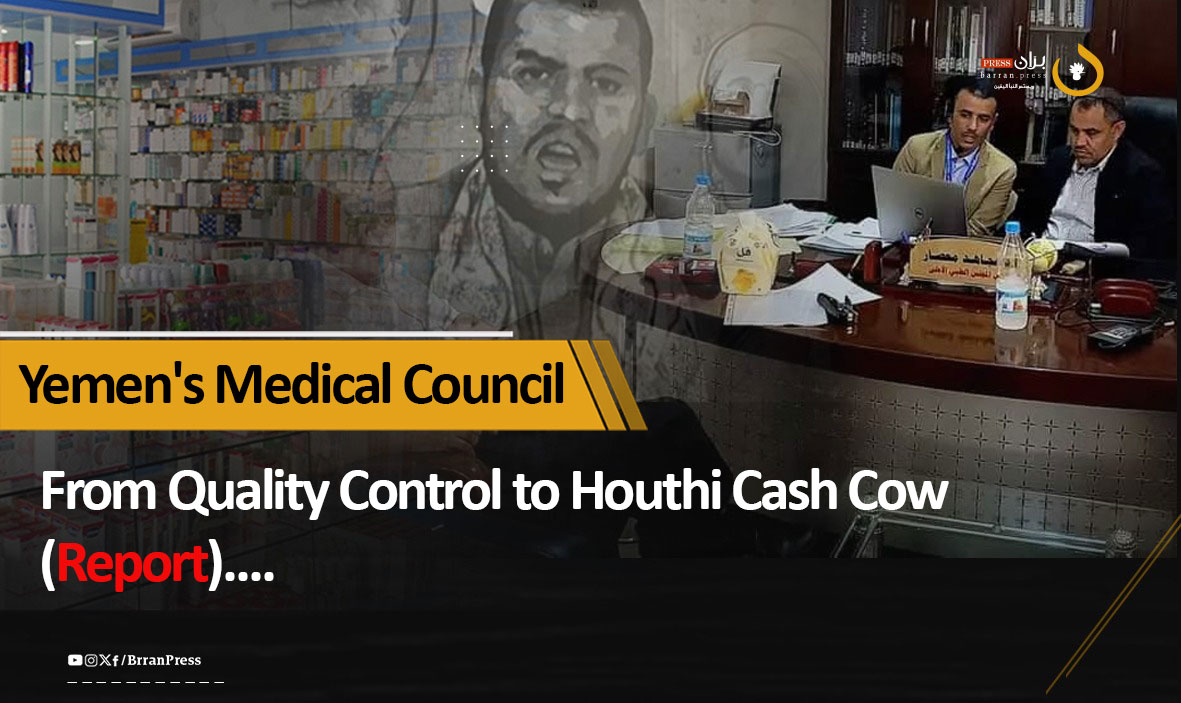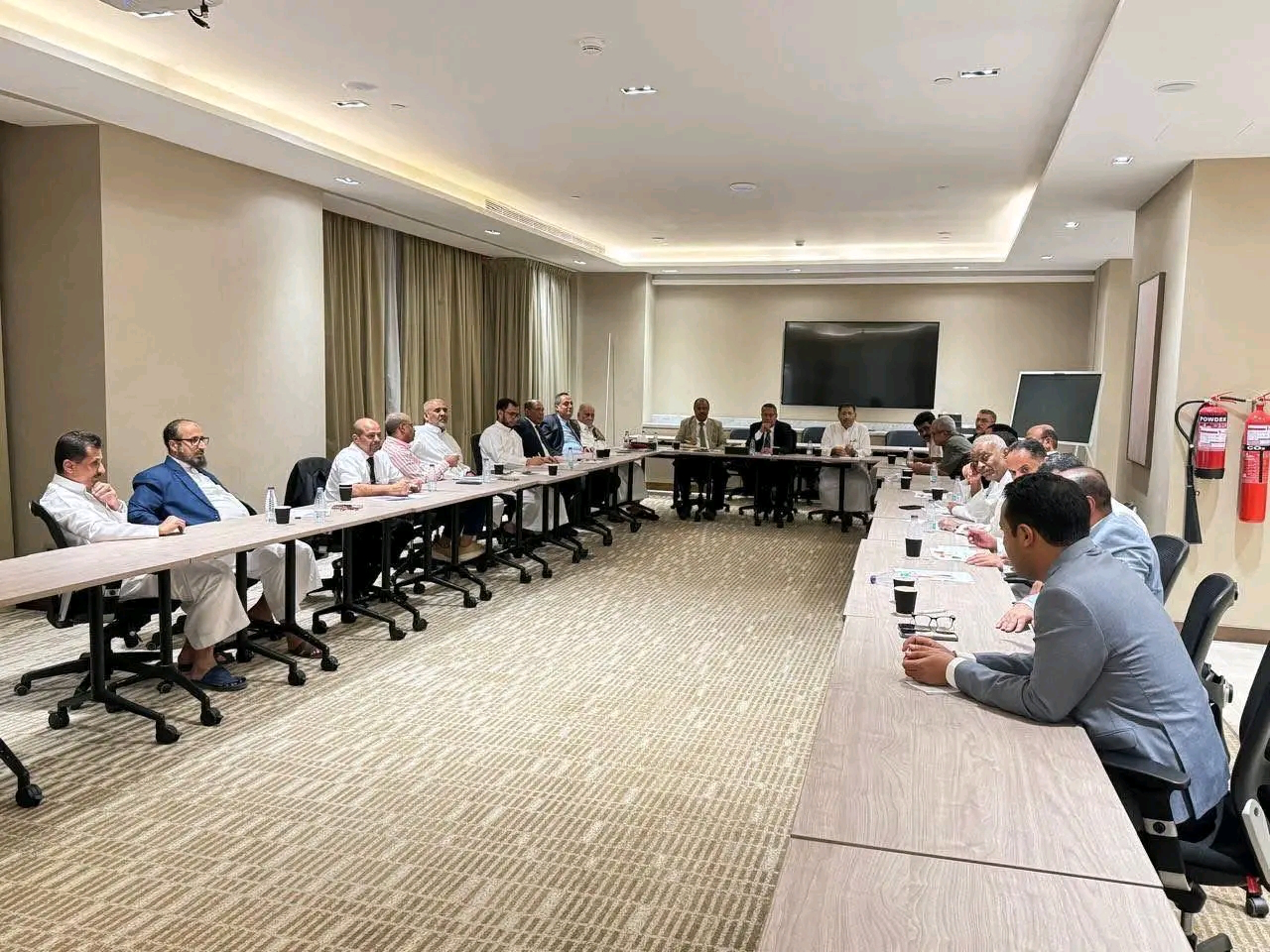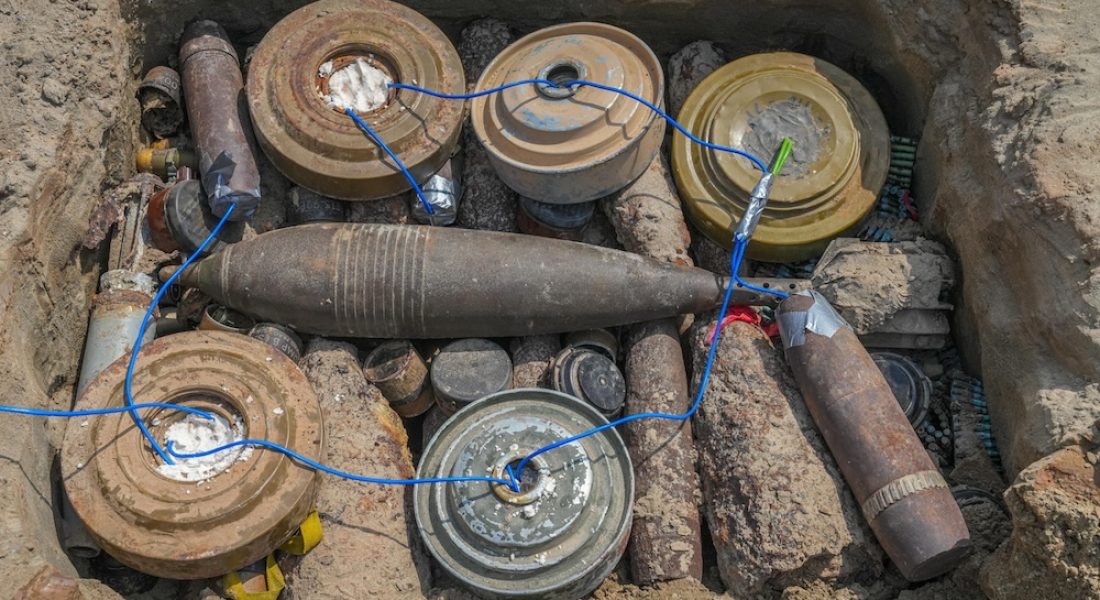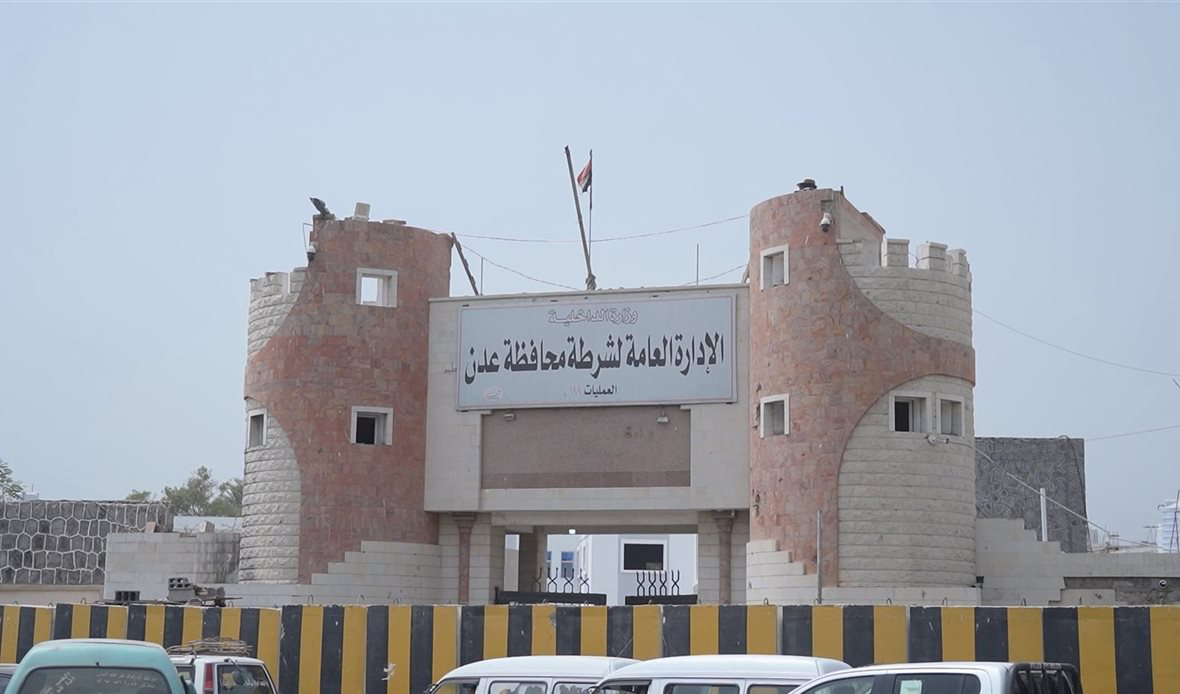
Barran Press
The Houthi group, internationally designated as a terrorist organization, has tightened its grip on Yemen's healthcare sector, turning the country's Medical Council into a personal cash machine, far removed from its intended purpose of regulating medical practices.
The Supreme Medical Council of Yemen, established in October 2000 by presidential decree, was intended to set standards for healthcare practices and monitor the implementation of professional licensing laws.
A Financial Resource
Since 2017, the Houthis have actively utilized the Medical Council. Instead of using it to improve healthcare services and benefit citizens, the group has exploited it to bolster its revenue and harass healthcare workers.
Contrary to the group's claims in its media outlets that the Medical Council focuses on verifying academic credentials, conducting professional licensing exams, and improving graduates, medical sources revealed to Barran Press that the council has been riddled with serious violations, particularly affecting medical school graduates, pharmacy professionals, and other healthcare personnel.
According to these sources, the Houthis treat the council as a revenue-generating entity, not an institution for regulating and improving the medical field or assisting healthcare workers in obtaining necessary work documents.
A medical source told Barran Press that the Sana'a Medical Council remains unrecognized by the World Health Organization and the World Federation for Medical Education, and its accreditation requests may be rejected due to these irregularities and violations.
A Harsh Reality
The sources clarified to Barran Press that the Houthis' primary motivation for seizing control of the council is to "generate and collect funds from graduates who are forced to pay under the group's authority, which disregards quality and academic credentials."
Prior to this, the sources reported that the Houthis prohibited medical school graduates from working in healthcare institutions without obtaining a "license to practice" from them (the Medical Council). To obtain this license, they imposed "numerous requirements and exorbitant fees."
Barran Press spoke with several medical school graduates in Sana'a who complained about the Houthi group's abuses and excessive fees levied for obtaining a "license to practice," as well as the deliberate delays in issuing these licenses.
The Practice of Extortion
Ahmed Naji a nursing graduate, told Barran Press, "Obtaining a license to practice from the Medical Council is a prerequisite for working in areas under the group's control. The Houthis have imposed regulations on medical institutions and facilities requiring them to obtain licenses and have imposed exorbitant fees that some of us cannot afford."
He added, "When I went to register with the Medical Council for the exam, I paid a registration fee of 4,000 riyals. They charge 2,500 riyals for each year that someone is late in registering with the council."
He continued, "Even though the Medical Council only began conducting competency exams in 2017, they still charge fees for the years prior to the start of these exams."
Among the fees collected are "14,000 riyals for a license application, 15,000 riyals for higher education fees, 36,000 riyals for a license and practice permit after passing the exam, and 7,000 riyals for union dues."
According to Naji, the total amount comes to over 76,000 riyals, which may increase or decrease slightly depending on the number of years since graduation.
Unfair terms
Naji, added that students are paying significantly higher fees than the standard amount. He attributed this to the "excessive cost of daily transactions" which he claims have doubled due to a shortage of staff at the Medical Council, overwhelmed by the influx of applicants seeking licenses and renewals.
He explained that the high number of applicants is a result of "unjust conditions imposed by the Houthi group on all medical graduates seeking employment, opening a medical facility, or renewing their licenses every two years."
He further criticized the Medical Council, stating that it has become "a fundraising center for the group, collecting exorbitant sums of money."
Delays and Extortion
Many graduates have complained to Barran Press about the months-long delays in renewing their licenses. Some accuse the Houthi group of deliberately delaying the process to extort money.
Amin Saleh a pharmacy graduate, shared his experience with Barran Press. He registered for the competency exam in early 2023 and passed at the end of the year. However, he only received his license in June 2024.
Amin described the delay as a "serious Houthi tactic" designed to harm graduates. He stated that "we suffer greatly from this delay in issuing licenses and renewals for over five months."
Amin highlighted the detrimental impact of this delay. "The license expires in two years, but we don't receive it until five months after the expiration date, forcing graduates to renew again after a year and a half with new fees and expenses. This cycle repeats every two years, forcing graduates to pay exorbitant fees to this unjust group."
He further lamented the situation, saying, "In the rest of the world, license renewals are done with a click of a button, but in Sana'a, under the Houthi control, you have to wait for months to renew your license. This doesn't even account for the need for connections and favors, not to mention the two-year wait to receive a license to open a pharmacy."
Months of Waiting
Kholoud Ghalib a medical laboratory graduate, shared a similar experience, stating that she has been waiting for over four months to renew her license.
"Even though it's just a renewal, I've been waiting for months," Kholoud said. "If someone needs to travel urgently or is waiting for their license abroad to complete their affairs, they face months of delays. There's no concern, and everything is chaotic."
Exploiting the System
Kholoud pointed out the irony of the Houthi group charging fees for renewal, a license card, and union membership, while deliberately delaying the process.
"They've turned the practice of medicine into a means of profiting from healthcare workers," she said. "They deliberately delay issuing licenses to graduates."
Kholoud contrasted this with their swiftness in issuing re-examination orders and any other procedure that generates revenue. "They prioritize these matters and expedite them," she added.
Threats and Extortion
Kholoud also highlighted the threatening language used in Houthi advertisements promoting license renewals, warning that those who don't renew within a specific timeframe will face file damage.
She explained that this threat is meant to force healthcare professionals to pay the fees, questioning the justification for these fees when "license renewal is a free right for all graduates."
Kholoud emphasized that the purpose of renewal should be to update information, scientific resources, and modern studies, not to collect money. "Renewals should be automatic, but this is a system of extortion and money collection," she concluded.
Expanding financial vessels
The Houthi group is exploiting medical professionals in Yemen by using licensing exams and renewals as a means of generating revenue. While these exams are crucial for ensuring medical professionals' competency and safeguarding citizens' health, sources claim the Houthi group's primary motivation is financial gain and enriching their leadership.
Sources within the medical community allege that the group conducts four licensing exams annually, every three months, generating substantial income from medical professionals across all degree levels, including diploma holders, bachelor's degree holders, and master's and doctorate holders. The group also mandates license renewals every two years, with fees increasing based on the degree level. These exams and renewals are estimated to generate millions of riyals annually for the Houthi leadership.
Expanding Financial Reach
After amassing significant funds from the Medical Council in Sana'a, the Houthi group has expanded its operations by establishing new branches and centers for licensing exams in various governorates, including Ibb and Hodeidah.
Sources report that the group has deployed numerous representatives to collect as much money as possible from medical professionals and all healthcare personnel. These centers, under the guise of facilitating healthcare work and easing the process for professionals, are allegedly solely focused on generating revenue.
Legitimate Government Countermeasures
In a move to counter the Houthi group's actions, the internationally recognized Yemeni government, based in Aden, announced the launch of the Supreme Medical Council in August 2024. This comes after a year-long effort by the Presidential Leadership Council to reconstitute the council.
The Minister of Health, Qasim Buhaibeh, received the new professional medical license and practice license from the Supreme Medical Council, highlighting the government's commitment to regulating the healthcare sector.
Minister Buhaibeh urged all government and private healthcare professionals to obtain the new professional description card and practice license from the Medical Council in Aden. He emphasized the council's crucial role in ensuring quality healthcare by standardizing medical qualifications, protecting patient rights, and promoting modern practices.
The head of the Supreme Medical Council, Dr. Omar Zain, assured the public that the council, established by presidential decree, is fully equipped to process applications for professional classification and practice licenses. He confirmed that the council will accept applications from both public and private sectors, as well as Yemeni and foreign healthcare professionals, across all professional descriptions.
Dr. Zain highlighted the council's commitment to safeguarding patient rights and ensuring access to high-quality healthcare services.
In August 2023, the President of the Yemeni Presidential Leadership Council, Rashad Al-Alimi, issued a decree reconstituting the Medical Council with 15 members, demonstrating the government's commitment to establishing a legitimate and transparent system for regulating the medical profession.





